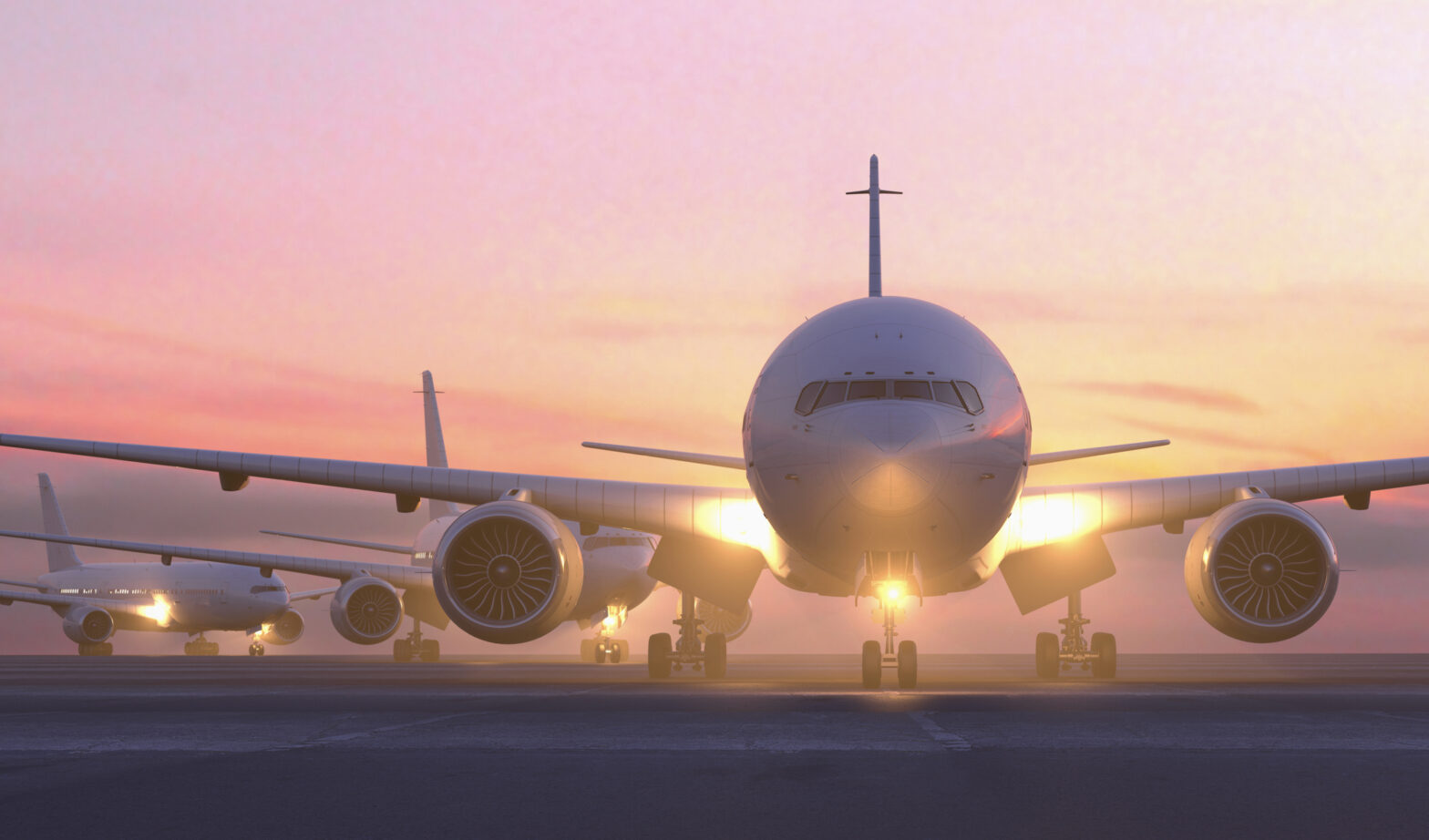Artificial intelligence and technology are changing the travel industry like never before. The innovations are making traveling and travel planning more efficient, easier, and safer. According to a survey by travel publisher Matador Network, people are taking heed of the newest perks, with 64% of travelers saying they’ve used or plan to use AI to plan future trips.
Leading the strides in developing AI technology, ChatGPT owner OpenAI is empowering travelers to plan their trips with ease. In addition to a variety of travel-driven GPTS from companies like Kayak and AllTrails, OpenAI is equipping travelers with resources to create their own GPTs to plan trips, find accommodations worldwide, overcome language barriers, and more.
“Since the launch of OpenAI’s GPTs and our GPT Store, we’ve seen ChatGPT users around the world create some impressive travel-focused chatbots,” an OpenAI spokesperson told Travel Noire. “The idea of lightening the burden of booking flights, finding vacation accommodations, and creating an itinerary is exciting, but we know that, for many, the idea of GPTs and chatbots is still new territory that could require some education and guidance.”
Now, travelers can follow simple instructions on the ChatGPT website to create their own travel GPTs. These tools make travel planning endless, allowing travelers from all walks of life to easily research destinations, map out their journeys, and execute their plans without assistance from a travel agent.
Empowering Travelers

For a long time, travel planning seemed exhausting. It was difficult for travelers to find the best deals, prices, and accommodations without working with a travel agent or scouring through the internet. Empowering travelers to create their own travel GPTs is a game changer due to the simplification of itinerary planning. According to OpenAI, travelers enter their interests, travel dates, and other relevant information to receive a personalized list of activities and accommodations. The personalization depends on how much information travelers input into the bot.
“ChatGPT can also craft more nuanced travel itineraries shaped around the user’s preferences like staying away from crowded tourist spots, minimizing jet lag, and accounting for dietary restrictions,” the spokesperson said.
Beyond itinerary planning, OpenAI is helping travelers remain safe while exploring the world. In case of emergency, while traveling, ChatGPT can quickly find information on navigating to the nearest hospitals and consulates or how to contact local law enforcement. For folks traveling internationally and experiencing language barriers, the ChatGPT with Vision tool can easily translate documents and word signage when in a foreign country. Additionally, creative GPTs, like Language Coach, can help travelers heighten their knowledge of common phrases and words used in the country they’re visiting.
‘Before or during a trip, travelers can use ChatGPT to learn about the local customs, etiquette, and cultural norms of their destinations,” the spokesperson said. “This knowledge can help travelers be more respectful and enjoy more immersive experiences.”
Travel-Focused Bots

OpenAI is equipping travelers with the resources they need to control their travel planning and GPT creation in real time. However, not everyone has time to do that. For travelers who aren’t as tech-savvy or who have no desire to create GPTs, OpenAI’s various partnerships are ready to do all the work for them.
The Kayak GPT partnership allows travelers to easily access information on flights, hotels, car rentals, destinations, attractions, and more. It’s your personal travel assistant that travelers can carry with them wherever they go. The GPT was created by Kayak and is available for travelers in the GPT store. Kayak is among the first to develop AI travel assistant GPTs. However, they’re not alone.
Other travel brands and companies are creating travel-focused GPTs designed to empower travelers on the go. Outdoor travelers looking for adventure can use GPTs, like AllTrails, to find the perfect hiking trails for exploring, exercising, and camping. If travelers aren’t able to find a GPT that fits their needs, creating one is easy and can be tailored to do tasks like vacation budgeting, finding dining, rerouting travel based on weather, creating fun games for road trips, and more.





